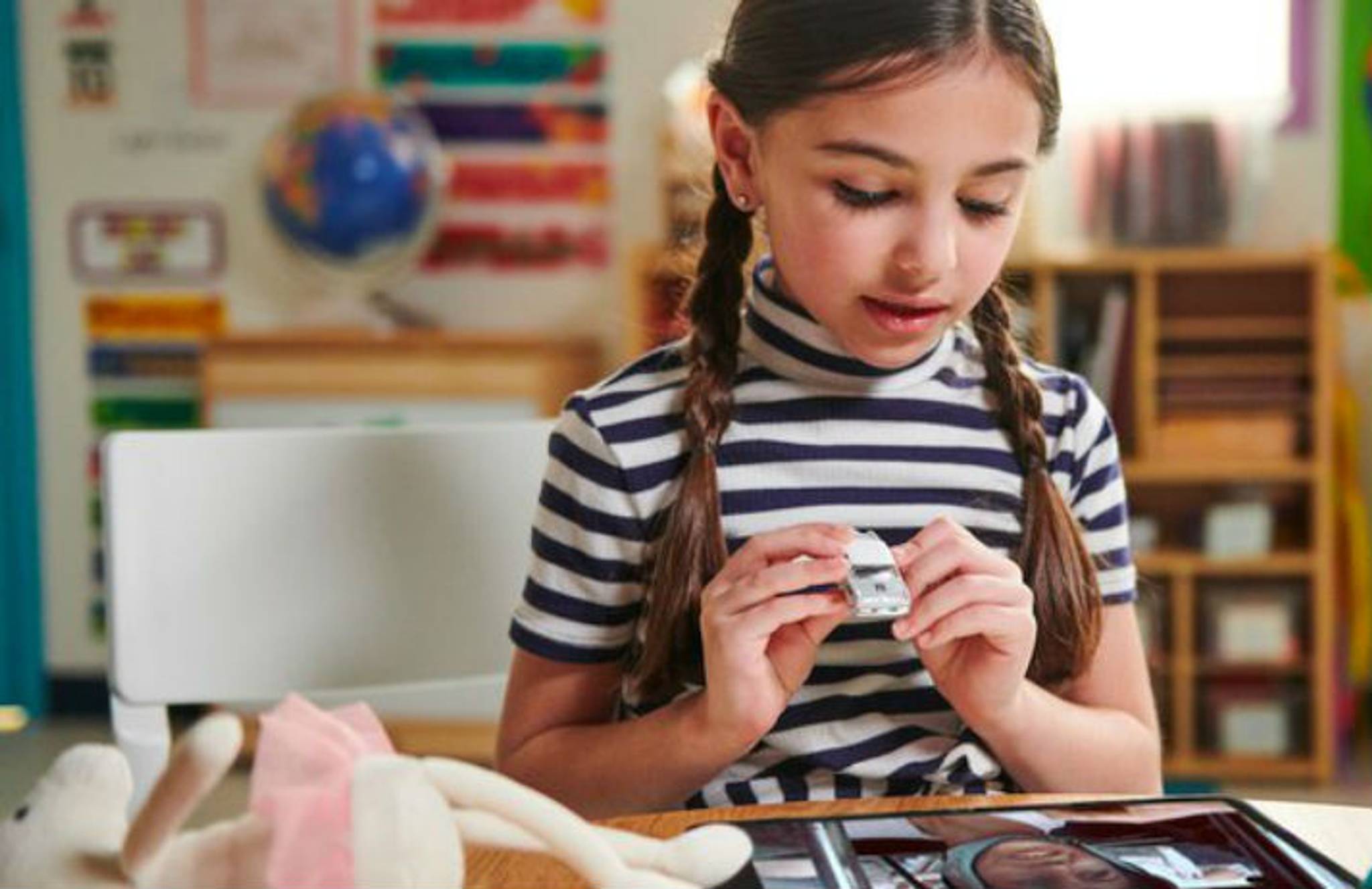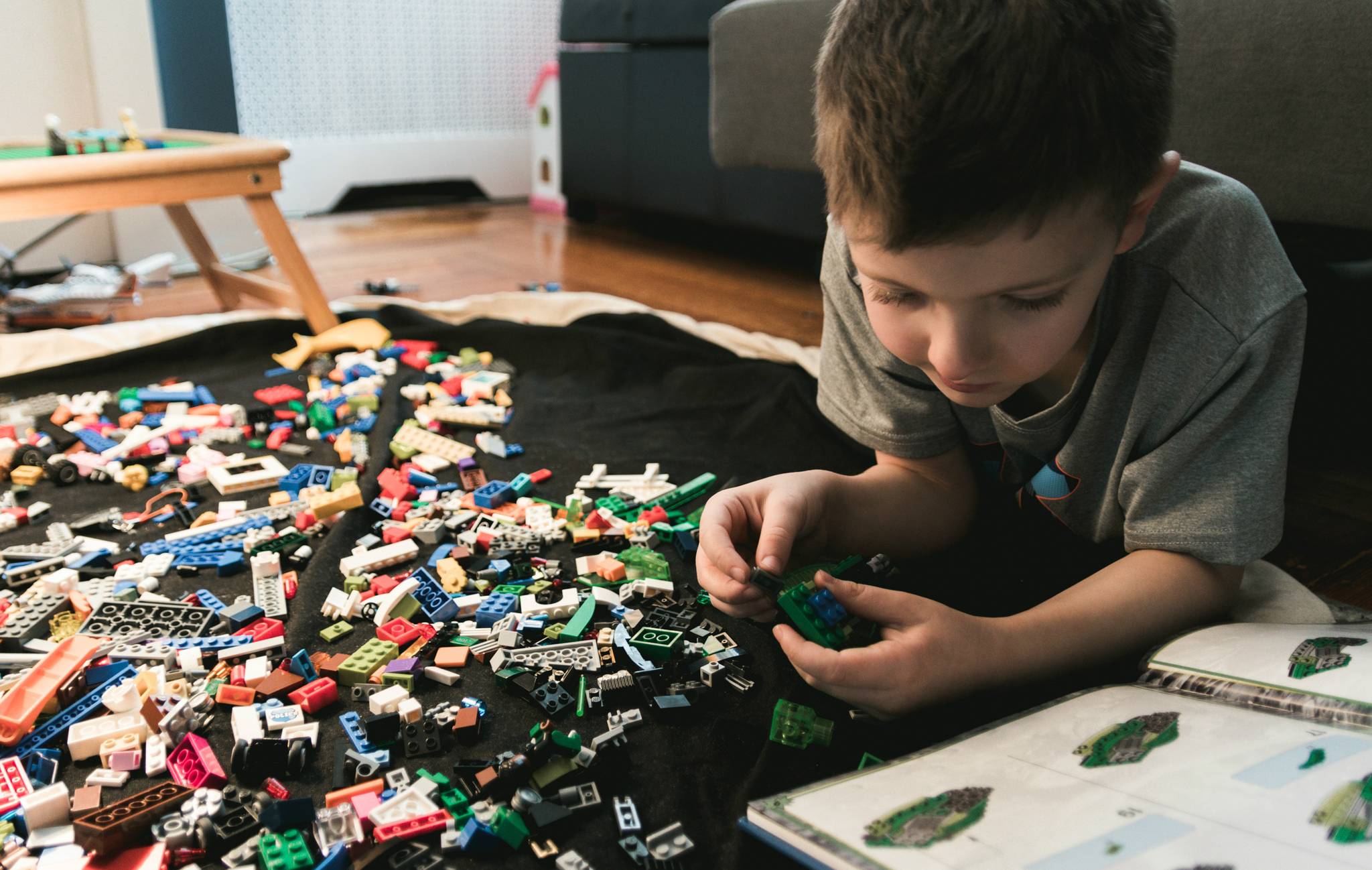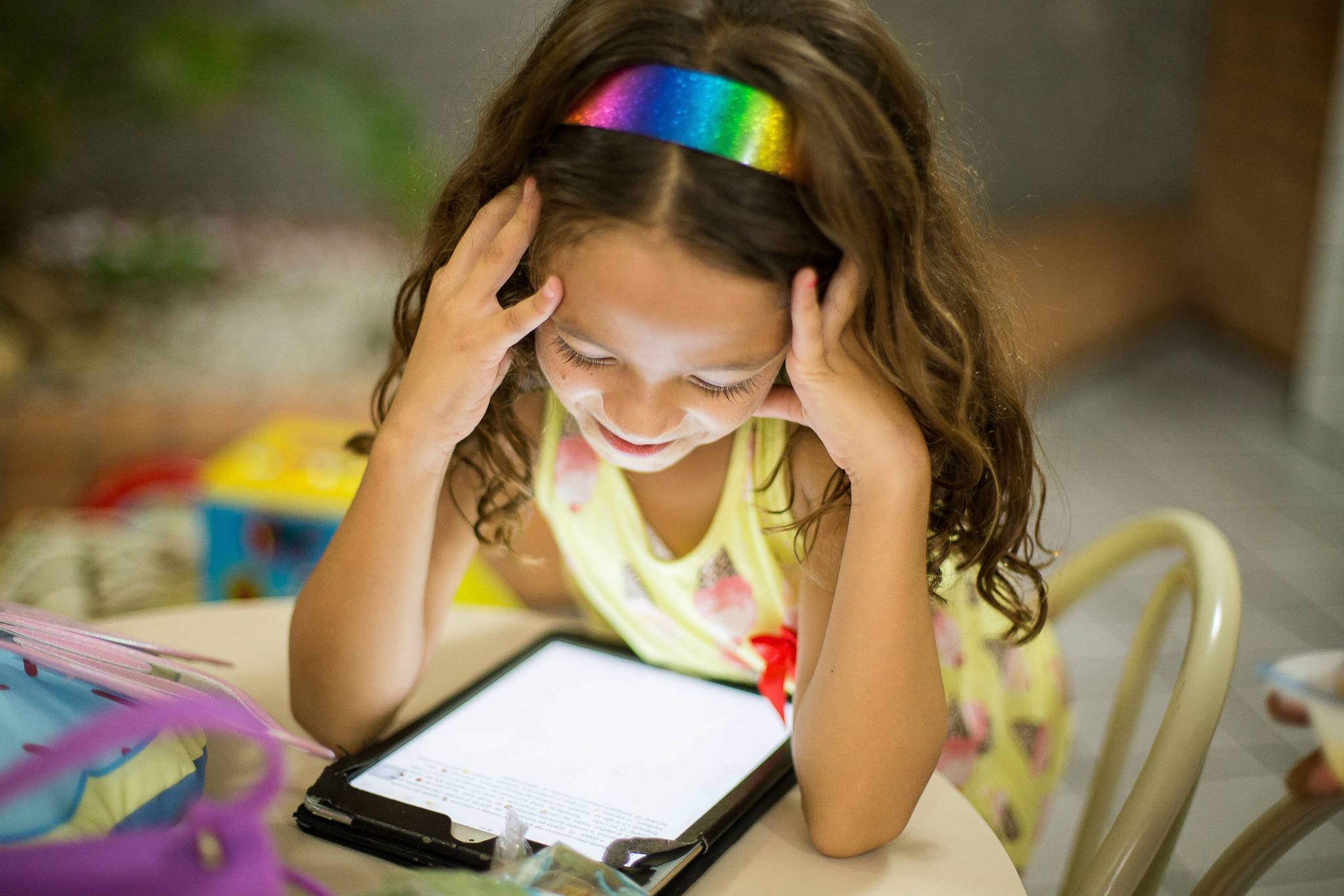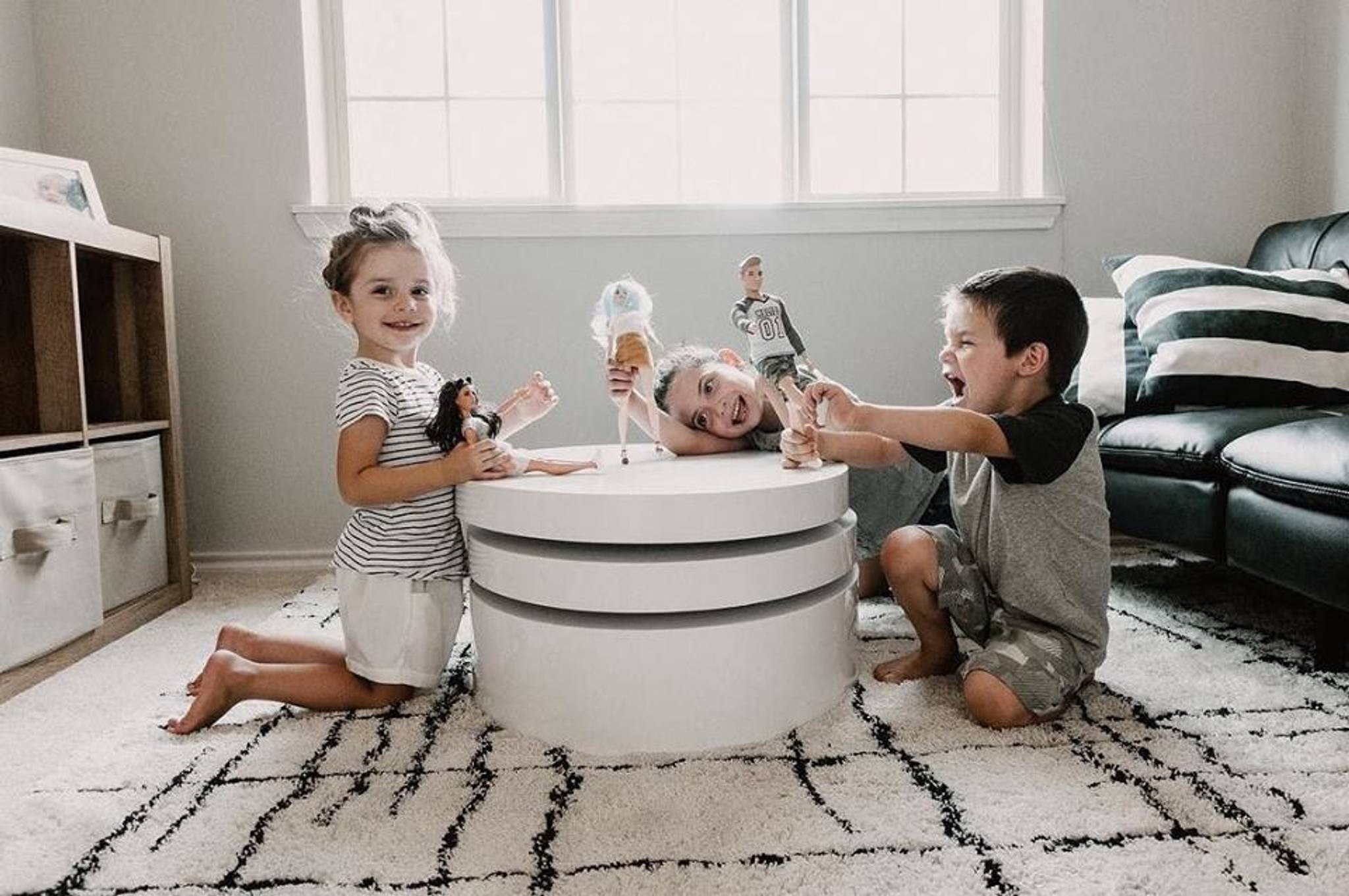
Mattel has unveiled a line of dolls with customisable gender identities. The toy brand is making a concerted effort to break from the gender norms reinforced by hyper-feminine Barbie dolls, recognising that 'for girls' and 'for boys' labels are increasingly seen as outdated. We explore the insights behind such a trend and how product designers are adapting accordingly.
The Creatable World collection features six dolls with customisable hair lengths, clothes, and accessories that aren’t dictated by gender norms, giving kids the opportunity to change them as they please. The dolls have a variety of skin tones, with each kit containing multiple clothing options, some of which are more 'feminine-presenting' and others more traditionally masculine. "We see this line as an opportunity for us to open up that dialogue around what dolls are for and who dolls are for," says Kim Culmone, senior vice president of Mattel Fashion Doll Design. “And also as the world begins to celebrate the positive impact of inclusivity, we absolutely fundamentally believed it was time to launch a doll line free of labels and free of rules for kids."
While awareness around gender-inclusivity in retail has grown, six in ten parents in the UK still feel that product marketing reinforces gender stereotypes. Moreover, roughly 70% of American Gen Yers report being more likely to choose one brand over another if that brand demonstrates inclusion and diversity in their product range. Considering that Gen Yers, known for being socially conscious, comprise the majority of new parents, Mattel’s shift away from old-fashioned caricatures of feminine ideals could well be a smart one. It’s part of the company’s wider push to meet the demands of increasingly discerning parents. The brand has also launched a diverse collection of Ken dolls and an 'Inspiring Women' Barbie collection, as well as partnered with Mercedes in a campaign centered around the notion that girls can aspire to be anything.
Makail Johannesson is a freelance behavioural analyst at Canvas8. He holds a Master's in Cognitive and Decision Sciences from University College London. Apart from mind wandering about the human experience, he enjoys reading books and conversations at the pub.



